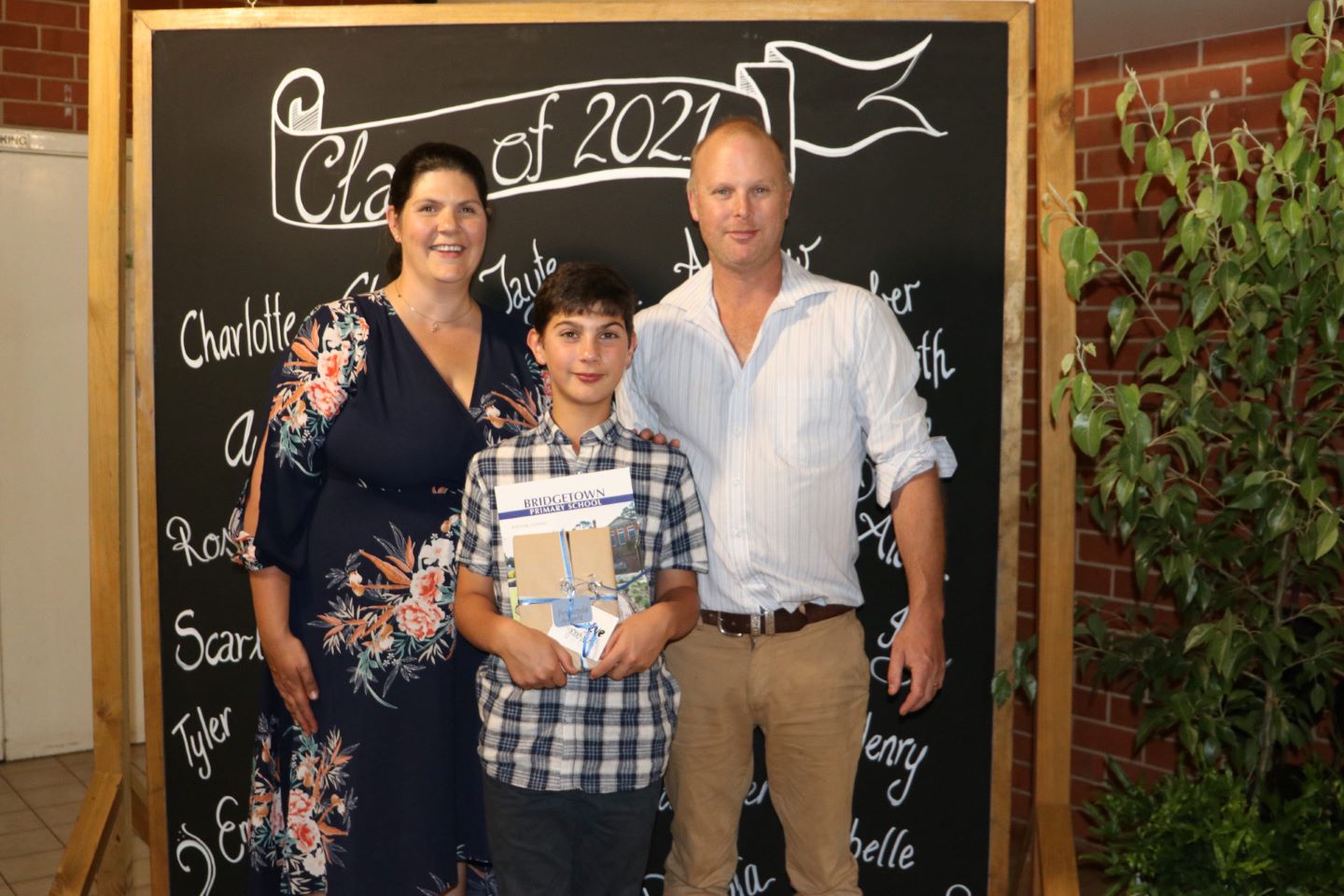The Ronald McDonald Learning Program is a tailored, fee-free, one-on-one tutoring program to help ill children catch up on missed education.


Ronald McDonald House Charities WA is making a difference to WA kids' education through the Ronald McDonald Learning Program (RMLP), a tailored, fee-free, one-on-one tutoring program to help ill children catch up on missed education.
“Education plays an integral role in a child's development, yet we know that for many children dealing with illness or injury their education often takes a back seat. Our organisation is dedicated to providing children who have missed out on school due to illness or injury with the educational support they need to return to the classroom,” RMHC WA CEO Peter King said.
The program meets the individual needs of each child through 40 hours of tuition with a pre-service or registered teacher.
“Our tutors understand the demands illness and injury can have on learning and daily life, and pride themselves in providing tutoring sessions that accommodate the child’s medical appointments and treatment schedules, providing consistency and stability,” he said.
In addition to tutoring, RMLP offers funding for psychometric assessments and allied health through speech pathology and occupational therapy.
“Our aim is to the bridge the educational gap for school-aged children whose education has been disrupted due to illness or injury – getting them back into the classroom with confidence,” Mr King said.
RMLP tutor Christine, who joined the RMLP in September 2022 and has tutored six students from Year 7–12, said the tutors can make a considerable difference in a sick child’s life by providing consistent support and contributing to a child’s overall wellbeing.
“Tutors help bridge the gap, ensuring that a child can keep learning even in difficult circumstances,” she said.
“Tutors can tailor their approach to the child’s specific needs, whether it is adjusting the pace of learning or just working with the child at times when they feel well enough.”
She said the WA educational system could better help children in this situation if schools were able to provide more services to support the emotional health of sick children as “often they feel left behind and left out”.
She added it’s important that schools ensure that sick children have specialised and thorough IEPs (individual education programs) at the schools in which they are enrolled so that when they are able to attend, teachers are fully aware of their capabilities.
“Schools could work with parents to establish a strong support team of health care professionals, teachers, and support staff, so that sick children have access to comprehensive assistance when they need it,” she said.
RMLP positively impacts both children and the WA educational system as a whole by providing personalised educational support from qualified teachers and contributing to improved education attainment. It also is a rewarding career for tutors.
“As an educator, tutoring an unwell child offers a teacher the reward of supporting their education during challenging times in a compassionate and impactful way. Tutoring offers an opportunity of connection and encouragement and provides a positive distraction in the life of a sick child and their family,” Christine said.
Eylse, mother of student Patrick, relied on Ronald McDonald House Charities WA and the RMLP program while her son recovered from brain surgery.
“How would our wonderful boy learn at school if he couldn’t remember teachers’ names or where his classrooms were? How can a child recover from brain surgery and thrive at the same time?

“As Patrick faced these huge hurdles, Ronald McDonald House Charities WA was there, letting us know we didn’t have to do this alone. They told us Patrick could access 40 hours of tutoring through the Ronald McDonald Learning Program – at no cost,” she explained.
“A qualified teacher would work one-on-one to help him catch up at school. I was amazed to learn they had a network of teachers across the state and were able to support students at all levels, even with specialist subjects.”
There are two ways people can get involved to improve education in WA: registering as a tutor or donating.
Nutrition education
Through Foodbank’s hands-on interactive nutrition activities and cooking, thousands of Western Australians every year are learning to adopt healthy behaviours around food.
"Education is a key strategic pillar of what Foodbank WA does to support people experiencing food insecurity,” Foodbank WA CEO Kate O’Hara said.
“Having the everyday practicalities around food such as planning, selecting, maintaining, preparing and eating is important to have a healthy diet but may not always be learnt in the family home.
“We know basic skills like cooking are not being taught within the home and those valuable skills are not being passed down. Nutrition education can support people to make healthy choices."

Research shows that only 4 per cent of youth aged 12 to 17 meet the recommended numbers of serves of fruit and vegetables, according to the ABS.
They’re also often less likely to eat nutrient-dense foods and drinks and eat wholesome breakfasts.
“Our nom! youth food literacy for young people program is working to change this. This program uses the latest nutrition research and is delivered by university-qualified public health nutritionists,” Ms O’Hara said.
Find out more about Foodbank's nutrition education programs.












